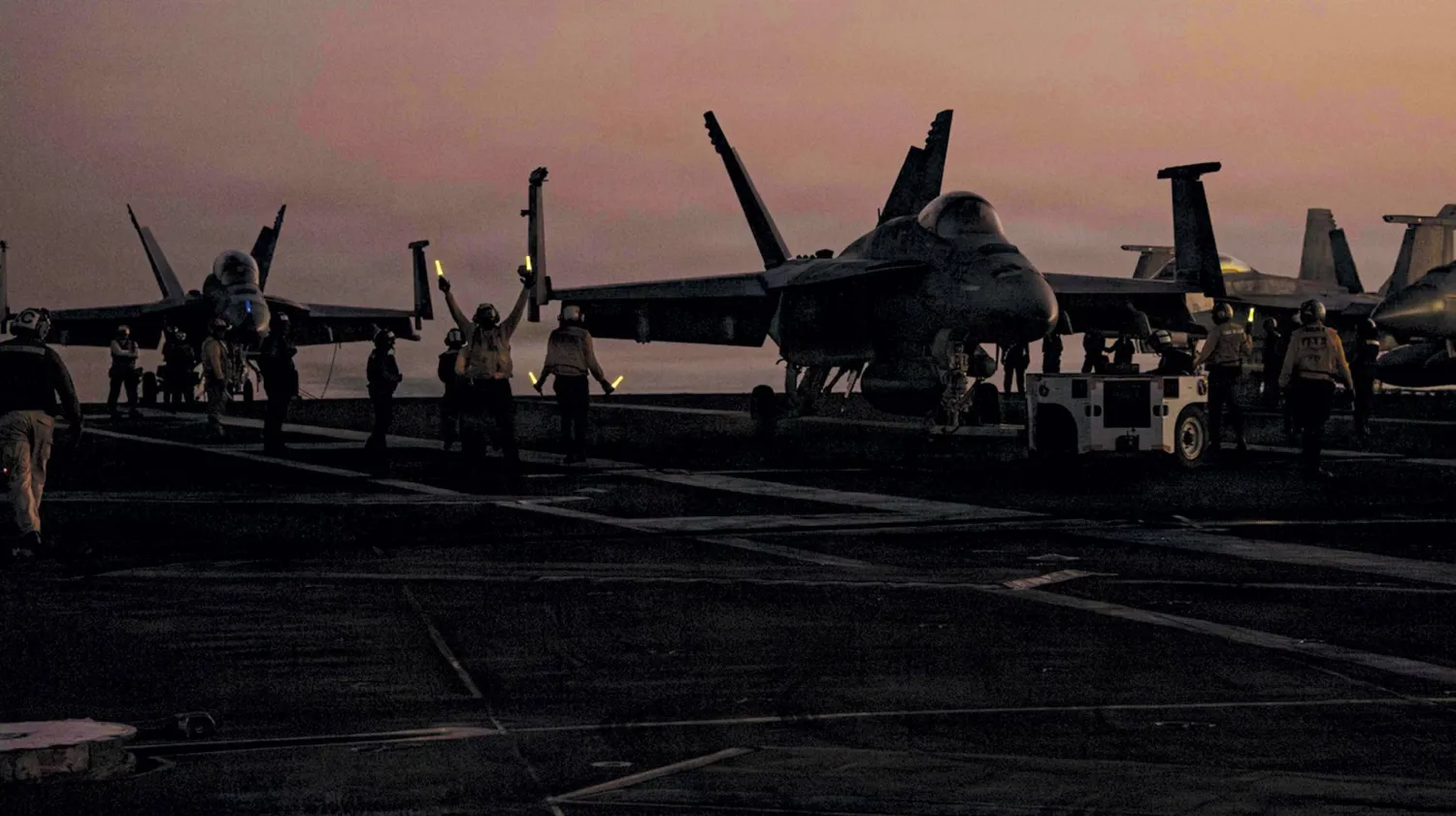The United Nations atomic watchdog warned of a potential threat to nuclear safety due to a spike in fighting near Europe’s largest nuclear power plant in Ukraine as the forces of the war-torn country continued pressing their counteroffensive on Saturday.
The International Atomic Energy Agency said its experts deployed at the Russia-occupied Zaporizhzhia Nuclear Power Plant reported hearing numerous explosions over the past week, in a possible indication of increased military activity in the region. There was no damage to the plant.
"I remain deeply concerned about the possible dangers facing the plant at this time of heightened military tension in the region," IAEA Director General Rafael Mariano Grossi warned in a statement issued late Friday.
He noted that the IAEA team was informed that staff at the nuclear power plant had been reduced temporarily to minimum levels due to concerns of more military activity in the area.
"Whatever happens in a conflict zone, wherever it may be, everybody would stand to lose from a nuclear accident, and I urge that all necessary precautions must be taken to avoid it happening," Grossi said.
The IAEA has repeatedly expressed concern that the fighting could cause a potential radiation leak from the facility, which is one of the world’s 10 biggest nuclear power stations. The plant’s six reactors have been shut down for months, but it still needs power and qualified staff to operate crucial cooling systems and other safety features.
As Ukrainian forces pressed to expand their gains after recently capturing the village of Robotyne in the Zaporizhzhia region, the UK Defense Ministry noted in its latest report that Russia has brought in reinforcements to stymie the Ukrainian advances.
"It is highly likely that Russia has redeployed forces from other areas of the frontline to replace degraded units around Robotyne," it said. "These redeployments are likely limiting Russia’s ability to carry out offensive operations of its own along other areas of the front line."
The Washington-based Institute for the Study of War noted that the Russian military has made notable changes to its command and control structure to "protect command infrastructure and improve information sharing."
Russian forces have continued their barrage across Ukraine. The regional authorities in the northeastern region of Sumy that borders Russia said that the latest Russian shelling of the region has left four people wounded, one of whom later died in a hospital.









